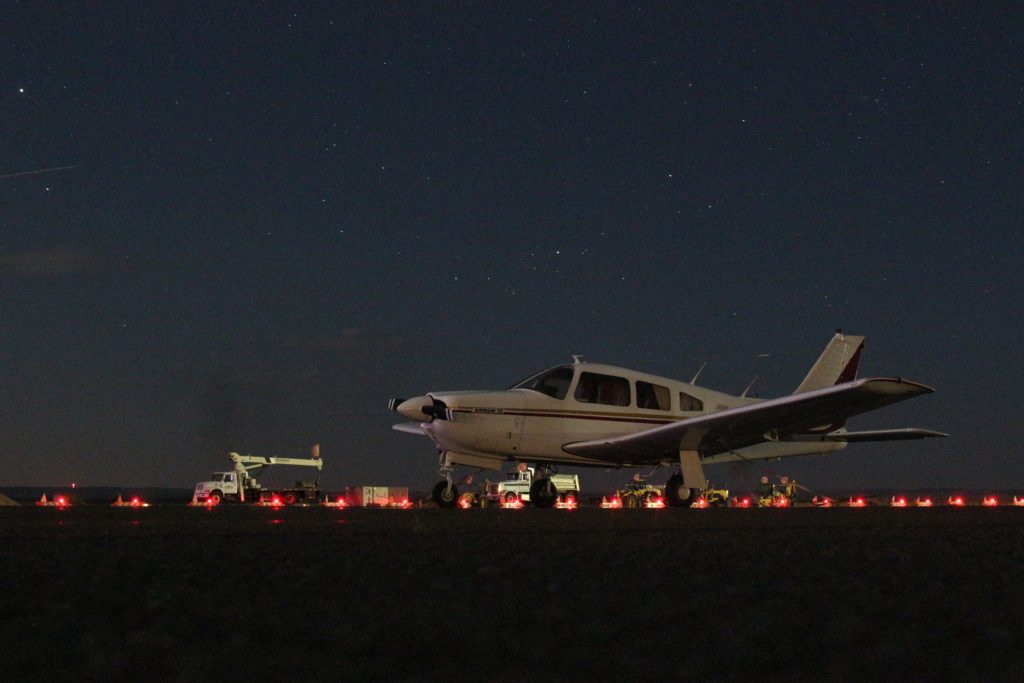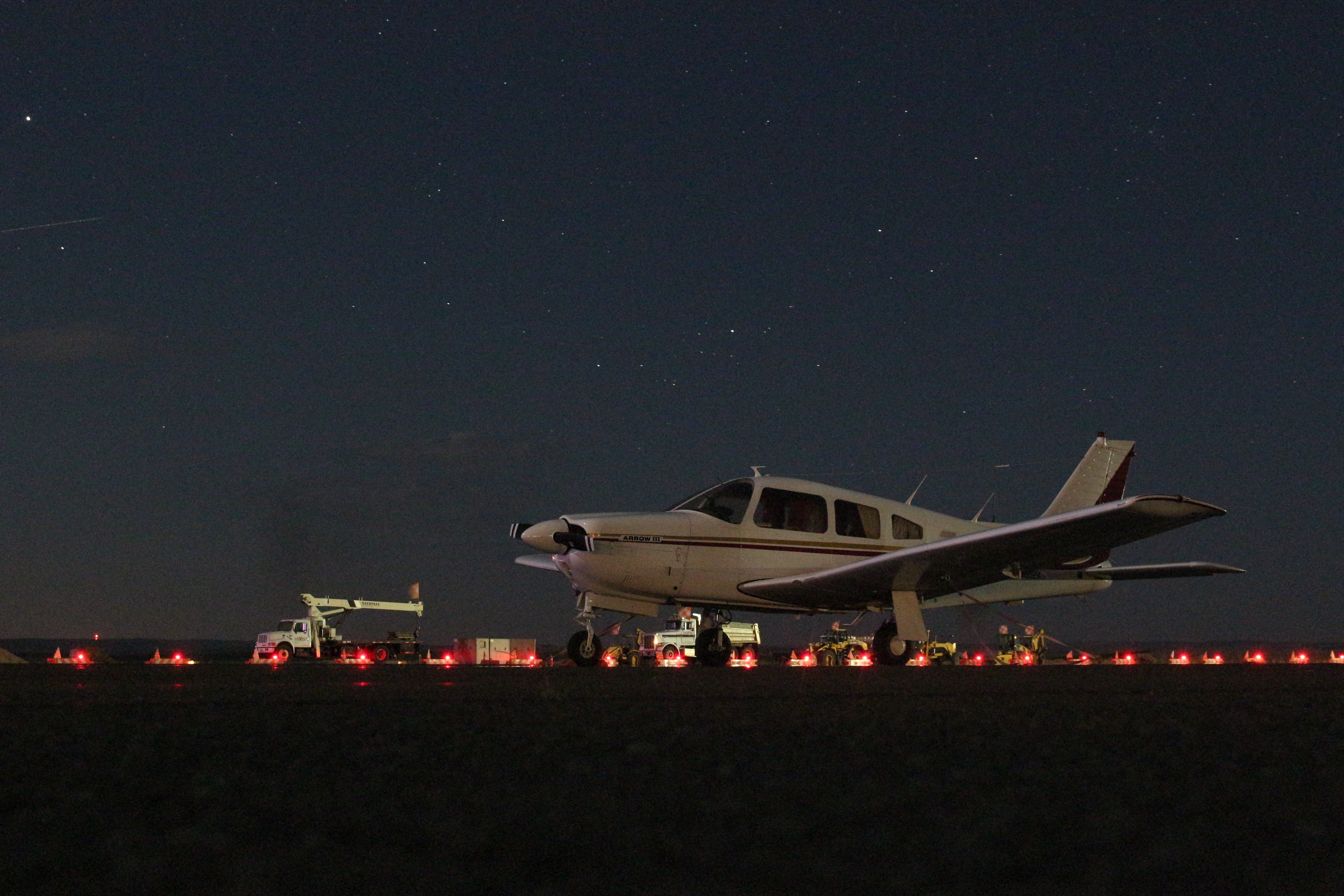Every year I supervise a number of undergraduate dissertations who are studying aviation management as a part of my job as a University Lecturer. This year I had a student who wrote about a topic which intrigued me- he examined the concept of Uber for flights. I will explain in this post.

What is the Uber Concept?
For those of you who are not familiar with Uber, it is essentially a location-based app which enables you to an on-demand private driver in as little as a few minutes. Uber has revolutionised the private-hire industry, creating additional competition in the market and giving consumers more choice and flexibility. You can read more about what Uber do on their website.
So, if this has worked so well for ground transport, why can’t it be applied to air transport too? Whilst some people may take only an annual flight for their summer holiday, others use air travel as a means of commuting to work, taking short leisure breaks or visiting friends and family. In fact, the rise of the low-cost carrier and tertiary airports has made air travel increasingly accessible to the many. On the other end of the spectrum, there are people who spend thousands on flying private, whether they have fractional jet ownership or not, in order to get the benefits of luxury travel which, over a long distance, is certainly worth considering.

Consumer Demand
So, there are two major factors here- there is an evident demand for air travel, alongside a clear demand for on-demand, Uber style, ground transport. The obvious question remaining is ‘could the Uber concept work for flights?’
Many airlines operating in the private, business sector are already offering on-demand air travel and there are many jobs now available for those who wish to get a job working for a private jet company. Whilst this market does currently cater predominantly for the wealthier traveller (or the wealthy business that they work for), there is certainly scope for this to be developed further, offering on-demand flight opportunities to the general public.
The Benefits
Many private jet companies operate out of small, regional airports. This could be an added benefit of choosing to fly with them as there will be no long queues at security or baggage reclaim! Another benefit is that that private jet companies will operate small aircraft, making the experience a lot more personal to the individual traveller.
The Disadvantages
Regional airports are not always easily accessible and could be located in remote locations, such as fields! This means that they may be difficult to reach for those using public transport. Flights also may not operate as regularly as scheduled or low cost commercial carriers and therefore there may not be as much choice for the passenger.
The Future?
Overall, there is huge potential for this industry. Uber has been a booming success in many countries across the world and there is every possibility that this concept could be applied to air travel too. Twenty years ago we had no idea that we would soon have the facilities to be able to make video calls or form virtual friendships on social media… who knows, in another twenty years we make me able to hop on a flight at the click of a button….



